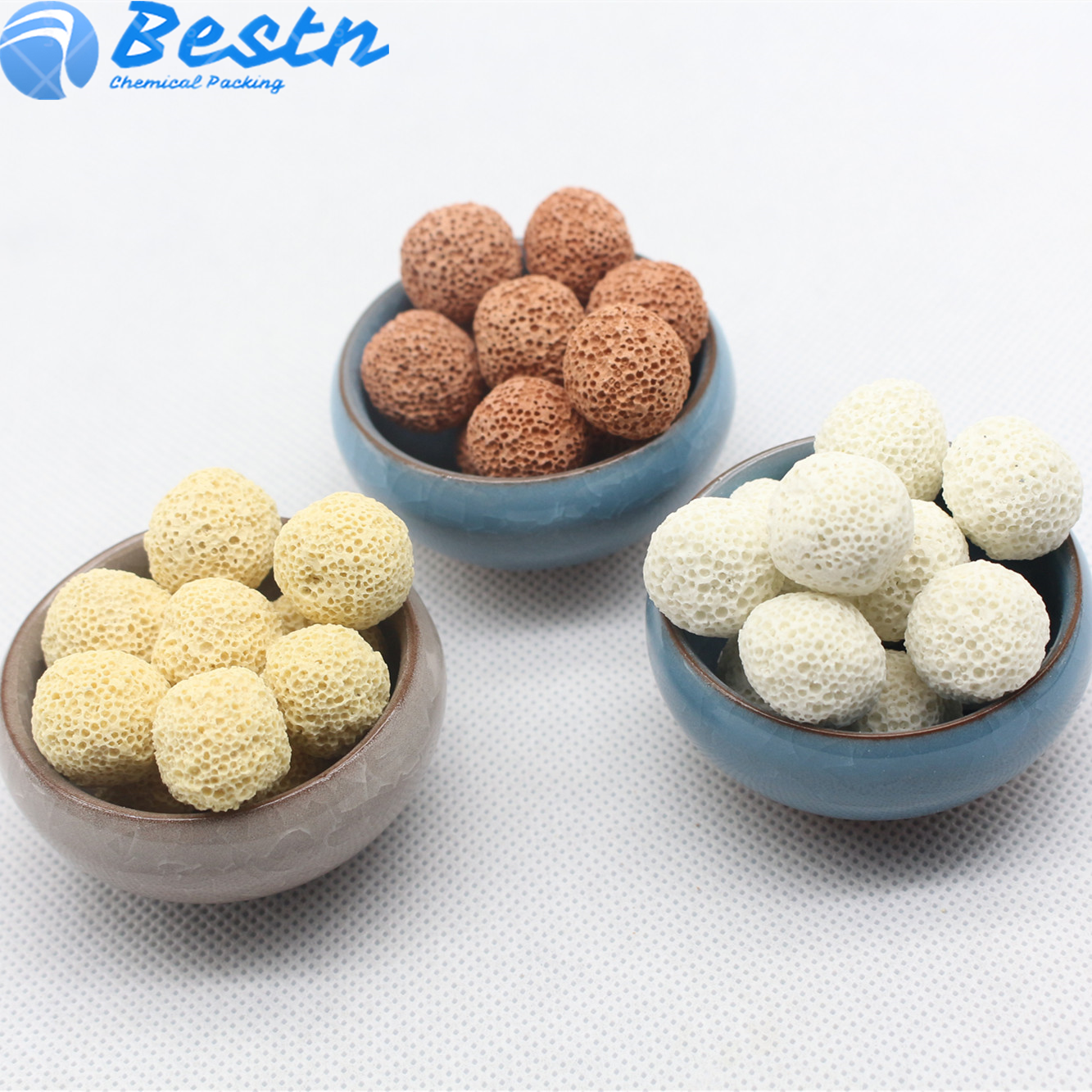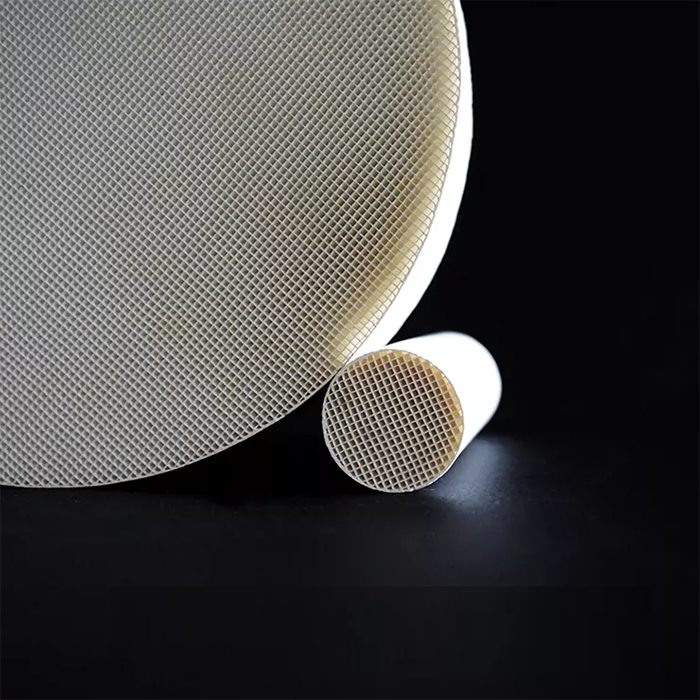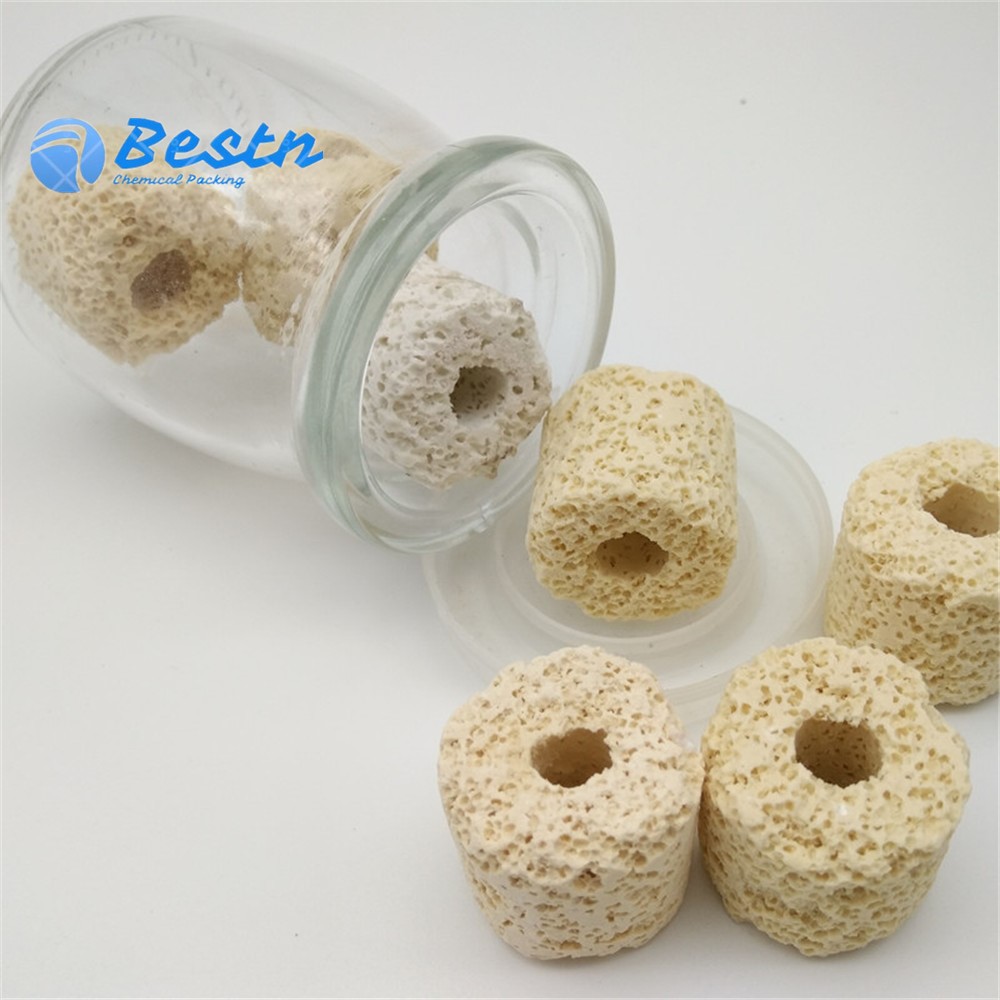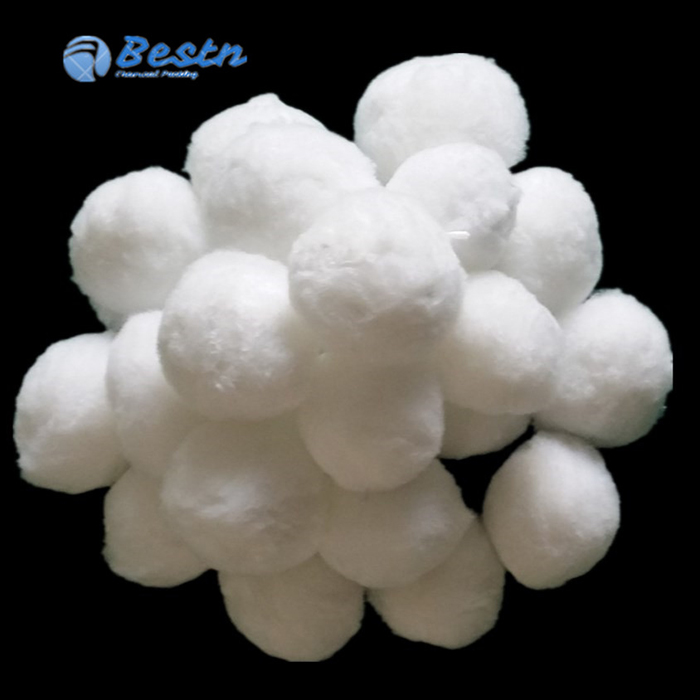
Wholesale Price China Inert Alumina Ceramic Balls - 17-23% Ceramic Inert Alumina Ball as Catalyst Bed Support Media – Bestn
Wholesale Price China Inert Alumina Ceramic Balls - 17-23% Ceramic Inert Alumina Ball as Catalyst Bed Support Media – Bestn
Wholesale Price China Inert Alumina Ceramic Balls - 17-23% Ceramic Inert Alumina Ball as Catalyst Bed Support Media – Bestn Detail:
Production and Application of Inert Ceramic (Porcelain) Balls as supporting carriers for catalysts, absorbents, as molecular sieves; to fill the reaction apparatus, they act as a distributor of reagents and coolant in the petrochemical and chemical industries; as grinding bodies for milling materials in ball mills when grinding and mixing chemicals, pharmaceuticals, dyes,grinding metal surfaces, grinding food raw materials in the food industry. The balls have extremely low water absorption (real <0.1%), high acid resistance (>99.6%), and a long service life subject to operating conditions. Porcelain balls are made of silicate (alumina) porcelain by powder compaction of the mass, molding, pulling through the mouthpiece, with diameters ranging from 3 mm to 50 mm. Other types of ceramic products can be made upon your request indicating the necessary technical data.
|
Al2O3+SiO2 |
Al2O3 |
Fe2O3 |
MgO |
K2O+Na2O +CaO |
Other |
|
> 92% |
17-23% |
<1% |
<0.5% |
<4% |
<1% |
Leach able Fe2O3 is less than 0.1%
Product detail pictures:
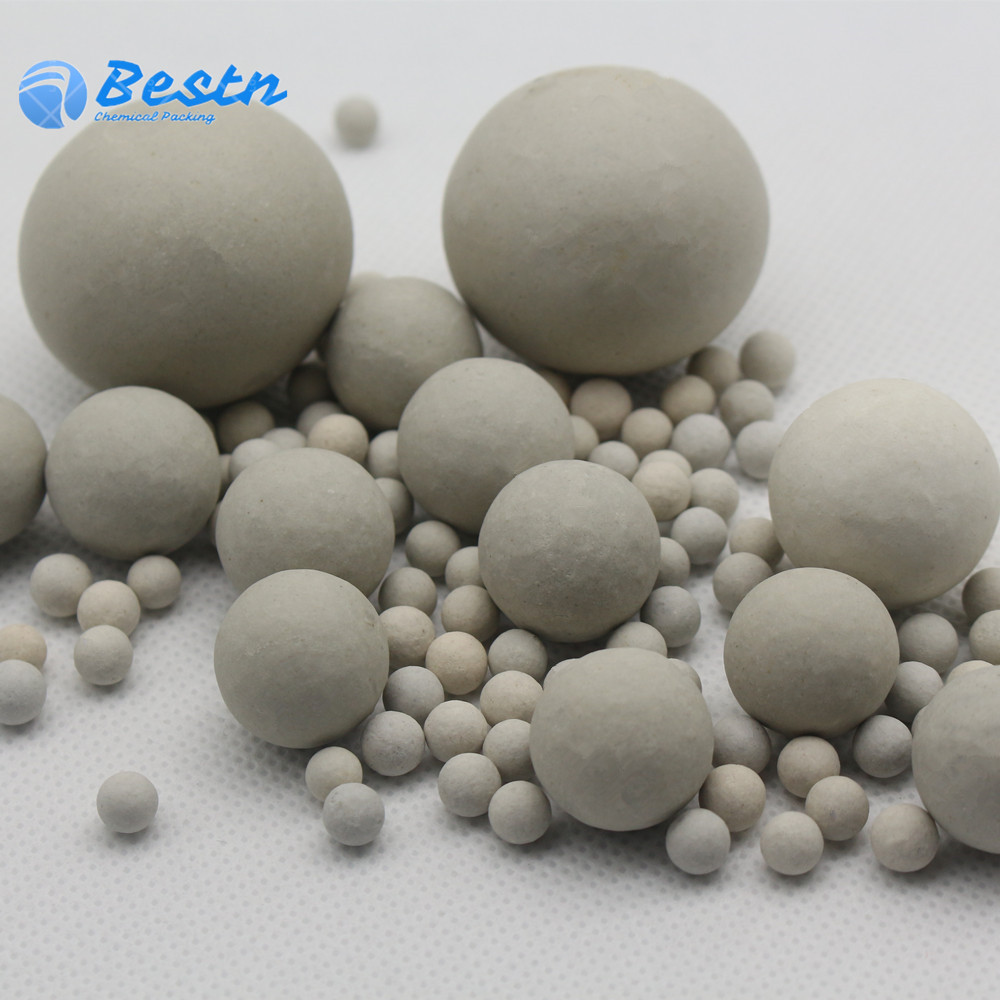
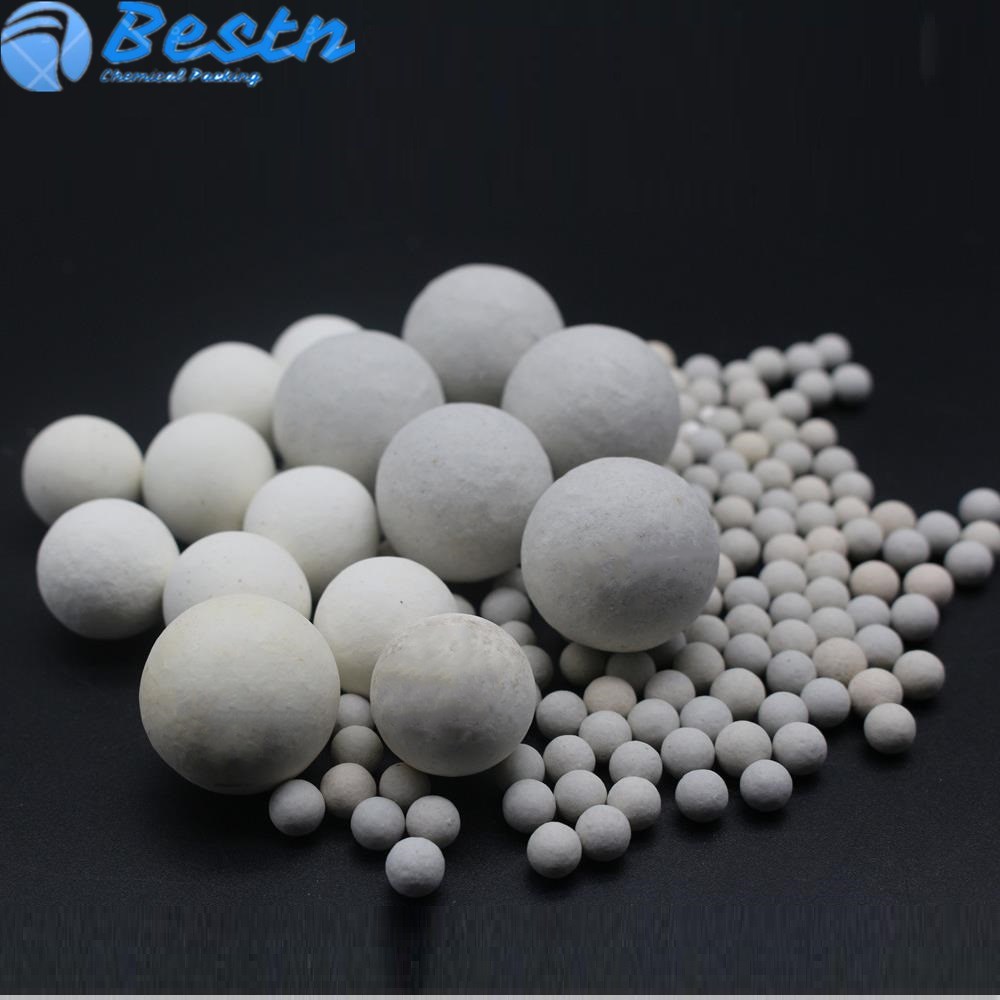
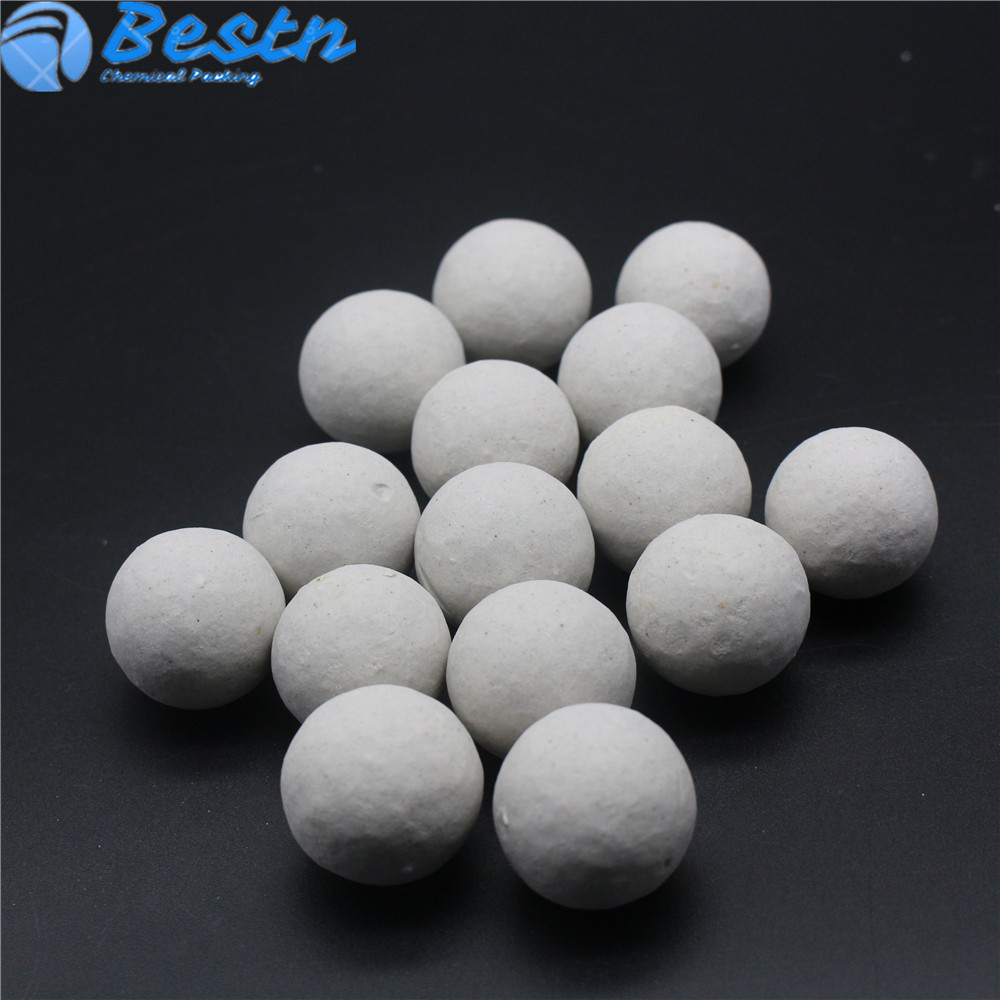

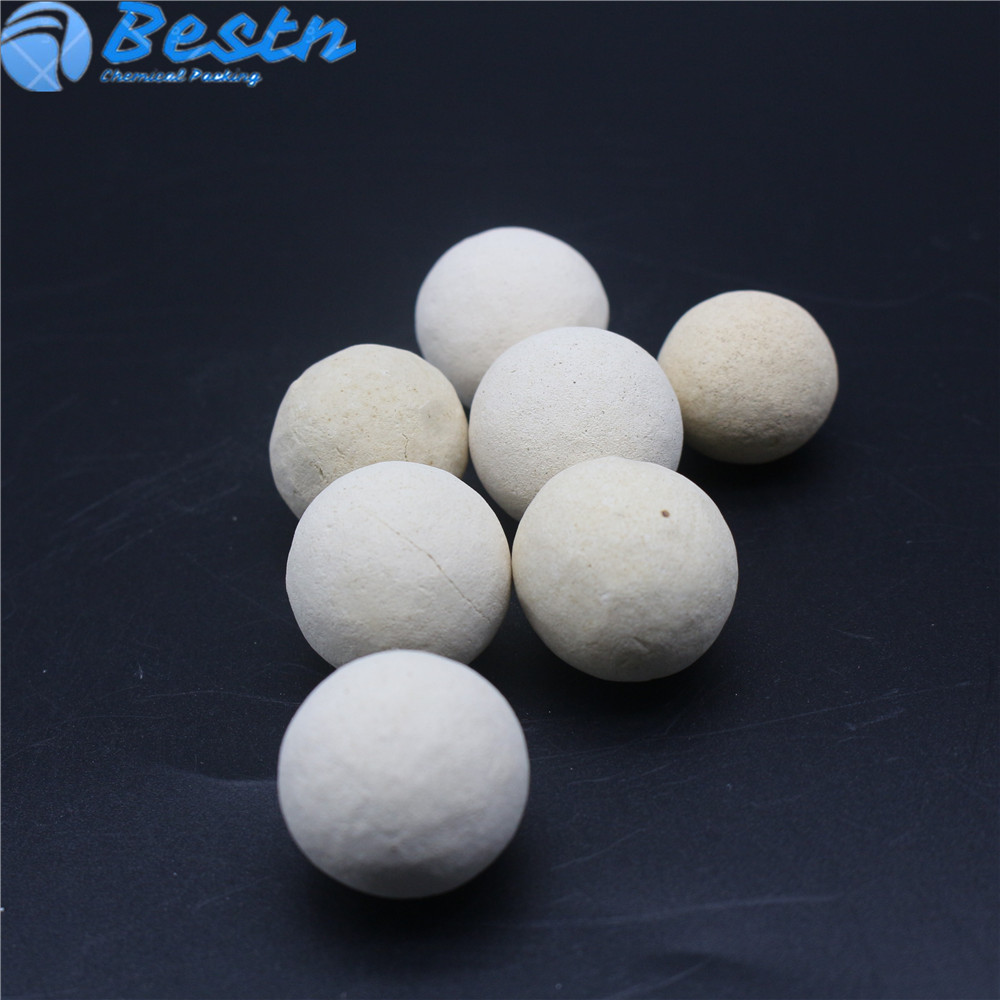
Related Product Guide:
We thinks what buyers think, the urgency of urgency to act during the interests of a purchaser position of theory, allowing for much better high-quality, reduced processing costs, charges are more reasonable, won the new and outdated consumers the support and affirmation for Wholesale Price China Inert Alumina Ceramic Balls - 17-23% Ceramic Inert Alumina Ball as Catalyst Bed Support Media – Bestn , The product will supply to all over the world, such as: Cambodia, Pakistan, Gambia, Based on our automatic production line, steady material purchase channel and quick subcontract systems have been built in mainland China to meet customer's wider and higher requirement in recent years. We are looking forward to cooperating with more clients worldwide for common development and mutual benefit!Your trust and approval are the best reward for our efforts. Keeping honest, innovative and efficient, we sincerely expect that we can be business partners to create our brilliant future!
The factory can meet continuously developing economic and market needs, so that their products are widely recognized and trusted, and that's why we chose this company.

